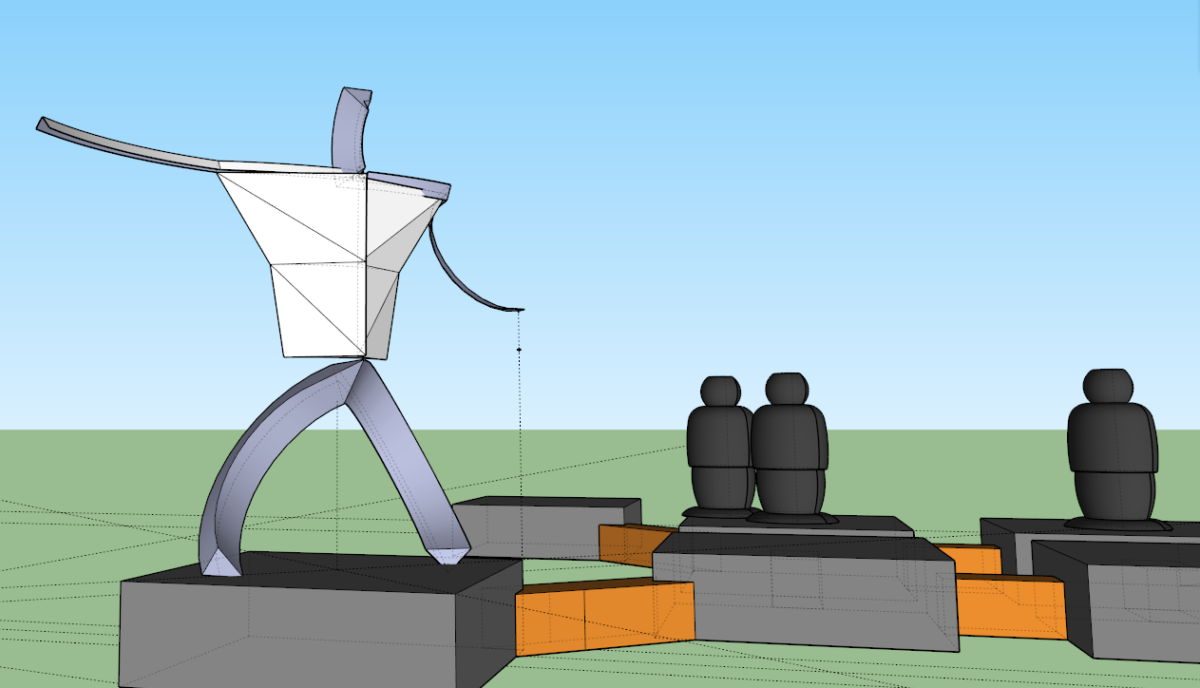Sketchup sketches for an online multiplayer role-playing game. This graphic was not going to be used in the game, but rather to illustrate the game level layout. The sketches showed a small, ancient city set in a fantasy world. Continue reading “Sketches for a level in an anonymous online multiplayer game”
Month: August 2018
Testing out procedural city 3d-model generation
3D modeling of cities and maps are my old passion, a really inspiring subject. Seeing a nice city scene first hand, I’d like to sit down, model the same view in 3d and render stylishly.
I made the most recent sketches for city modeling 2016-2017. At that time, I sketched some generic city in Crete, Greece, and also the something in the style of the city center of Prague. The goal was not to replicate anything existing exactly but rather finding the templates and parameters for a partially automated model generation.
Continue reading “Testing out procedural city 3d-model generation”
Meeting the business needs of software with Requirements Engineering
Long ago I worked for a software company which developed material and workflow analysis software for large cleaning and maintenance companies. One of their customers was a company responsible for cleaning and re-supplying aircraft between the flights at some busy airports. They needed software to enable supervisors to browse the task lists in real time, allowing operators to enter job assignments and track work progress.
When I got to the work, the client was already using the software created by the company I worked for. I took the initiative to talk with our client’s staff and raised their interest in further software development. We sketched out various functionalities the software might be developed to have in the future. Their interest towards the development matured and we agreed on a development project.
Continue reading “Meeting the business needs of software with Requirements Engineering”
Machine Learning predicts the likelihood of debt repayment
In 2014, the Data Analysis and Machine Learning Contest organizer Kaggle announced a contest to predict a loan applicant’s repayment based on their background information. Imperial College London hosted the competition and offered a large chart of anonymized financial data about the loan applications, applicants and their loan installments.
The aim of the competition was to create a program that would be best able to predict the applicant’s loan repayment based on his background information. A table of anonymized, unlabeled background information was made available to list details of all the repayments. In addition to the anonymization, data titles were omitted, so each column in the table listed information about some unstated variable of unknown purpose.
Continue reading “Machine Learning predicts the likelihood of debt repayment”

